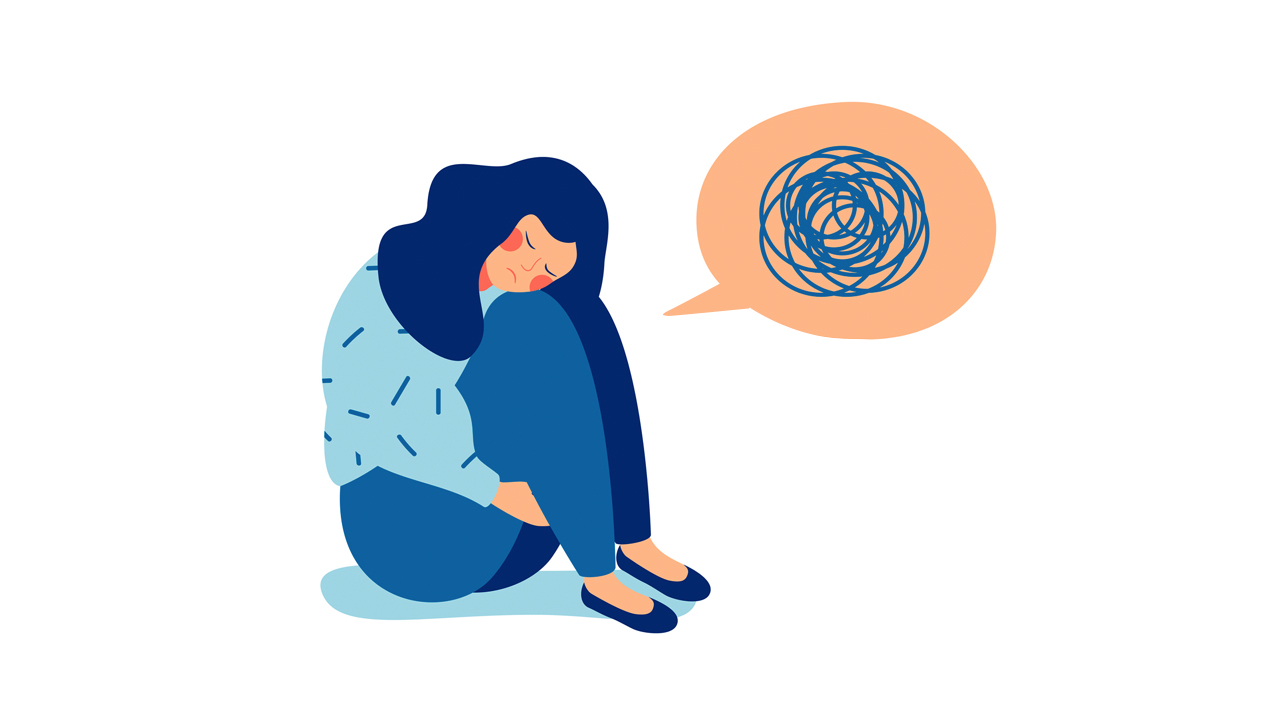Managing Anxiety: Tips and Strategies
- Posted on Nov. 7, 2023
- Health
- Views 76
Every year, roughly 40 million adults in the United States, or 18% of its population, experience anxiety, making it a prevalent mental health concern. The good news is, it’s manageable. There are numerous strategies available to alleviate its symptoms. In this article, we'll delve into the appearance of anxiety, examine various coping methods, and discuss the appropriate time to seek professional assistance.
Read More

Understanding Anxiety:
When things worry you or make you feel super nervous, it's alright for your heart to beat faster. Every person can feel jittery at times. But if you always feel this way and it messes up your daily life, maybe it's more than just being worried. There are types of worries like the one where you worry all the time, the one where you suddenly get super scared, the one where you're scared of meeting people, and the one where you're scared of being away from loved ones. The reasons people feel anxious can vary a lot. It could be because of bad experiences when they were kids, ongoing stress, health problems, or even certain medications or drugs.
Coping Mechanisms:
There are several effective coping mechanisms for managing anxiety, which can be used individually or in combination. These include:
Deep Breathing: Deep breathing, or diaphragmatic breathing, helps to slow the heartbeat and stabilize blood pressure, leading to relaxation. This technique can be paired with guided imagery and progressive muscle relaxation for added benefits.
Intentional Movement: Exercises such as yoga, tai chi, and qigong combine slow movements, mental concentration, and deep breathing, which can help to calm anxieties and induce relaxation.
Cognitive Challenge: This involves challenging and countering anxiety-inducing thoughts with positive thoughts to reduce anxiety. Cognitive challenge works with the frontal lobe to inhibit emotions by actively appraising a situation as non-threatening.
Emotional Freedom Technique (EFT) Tapping: EFT tapping combines exposure, cognitive therapy, and acupressure to help relieve stress and potentially shift an anxious mindset.
Exposure: This technique involves facing fears in a safe environment to reduce anxiety in the long term and prevent future avoidance of the stimulus. Exposure therapy is best done under the guidance of a therapist.
Natural Remedies for Anxiety:
In addition to the above coping mechanisms, natural remedies such as exercise, limiting alcohol, caffeine, and smoking, prioritizing sleep, and practicing mindfulness and meditation can also be effective in managing anxiety symptoms.
Identifying Anxiety Symptoms:
On top of these symptoms, physical signs such as headaches, stomach pains, and an increased heart rate can also be indicative of anxiety. It’s worth noting that anxiety can present itself differently in different individuals.
Supporting Someone with Anxiety:
Supporting someone with anxiety requires patience, empathy, and active listening to truly understand their experiences and emotions. Offer a non-judgmental space where they can share their feelings freely, and avoid offering solutions unless they ask for advice. Encouraging them to seek professional help or explore coping strategies can be beneficial, but it should be done gently, respecting their autonomy and readiness to take that step. Remember, your support can make a significant difference in their journey towards managing anxiety.
When to Seek Professional Help:
Feeling worried or nervous once in a while is a thing everyone goes through. But, if it's messing up your every day, maybe it's time to chat with someone who knows about it, like a therapist. Life's tough bits can make it hard for you to sleep or focus. Sometimes, you might just snap at little things or feel all jumpy. Your muscles might even feel all tensed up. If any of this sounds like you, talking to someone who's trained in this could help. Not sure about the next step? It's okay – just think about starting with a chat with an expert.
Conclusion:
Anxiety is a treatable condition, and various coping mechanisms can help alleviate symptoms. These include deep breathing, intentional movement, cognitive challenge, EFT tapping, exposure, and natural remedies such as exercise and mindfulness. Identifying symptoms and seeking professional help when necessary is crucial in managing anxiety effectively. Always remember that you are not alone, and help is available to support you on your journey to recovery.


